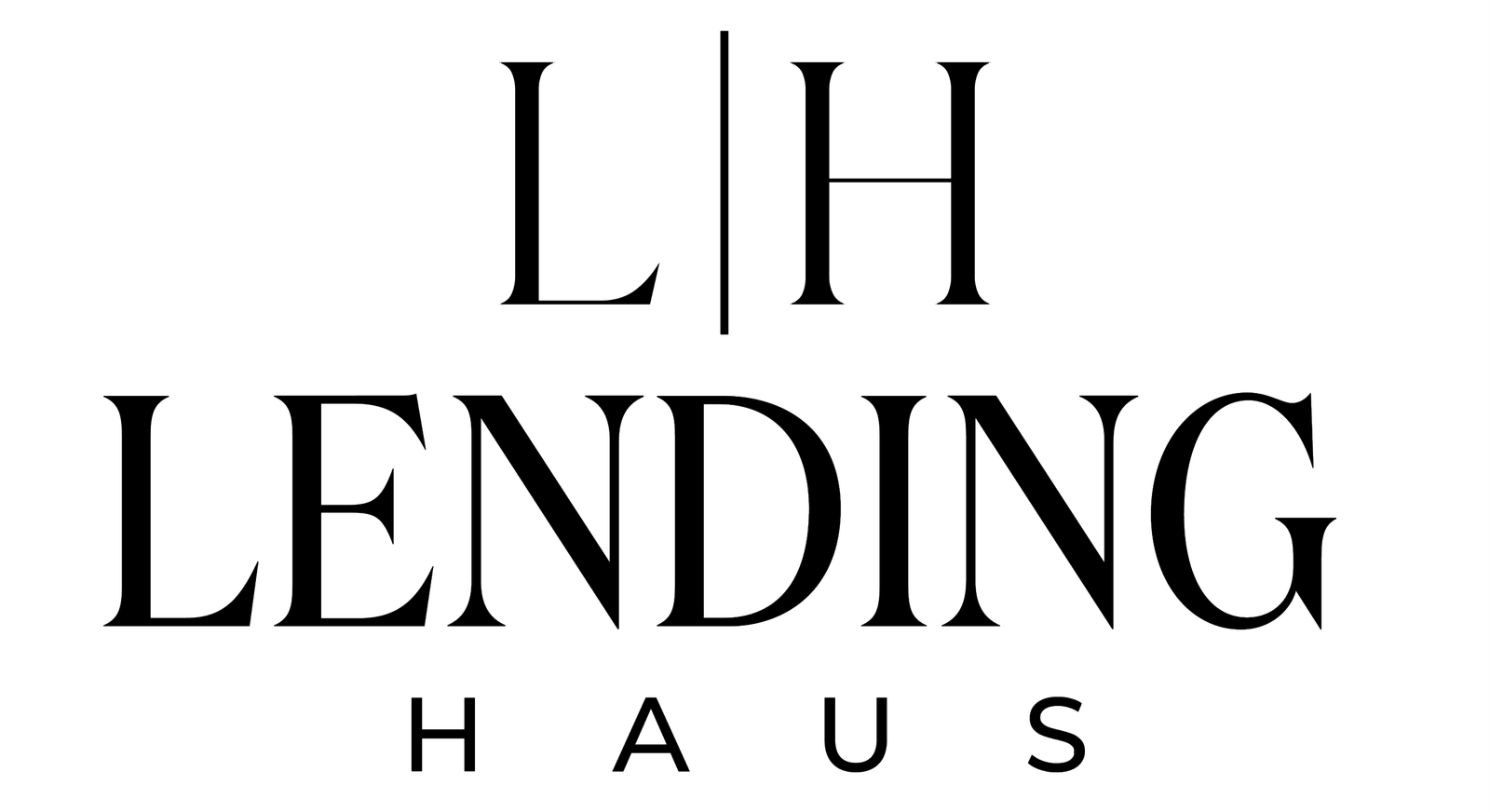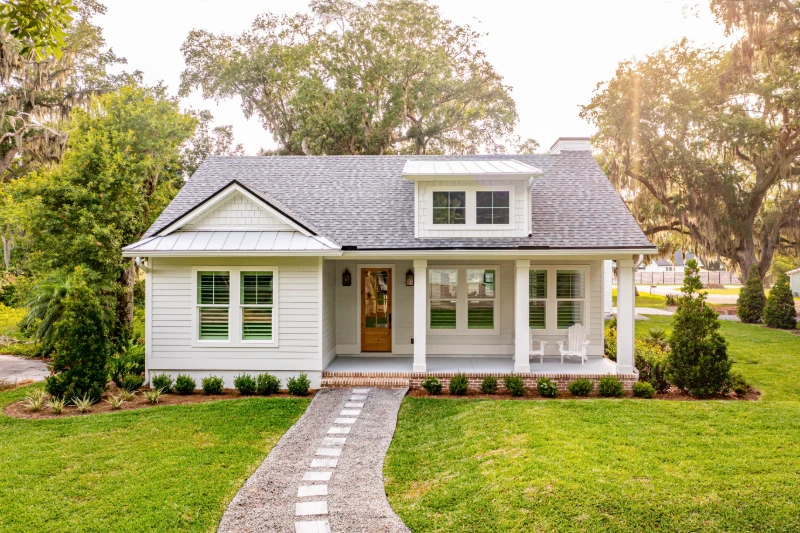Choosing the right mortgage term is a critical decision in the home-buying process. The two most common options are the 15-year and 30-year fixed-rate mortgages. Each has its own set of advantages and drawbacks, and understanding these can help you decide which one aligns with your financial goals.
The 15-Year Mortgage
A 15-year mortgage is often favored by buyers who want to pay off their home faster and save on interest costs. Here are the key pros and cons:
Pros:
- Lower Total Interest: You’ll pay significantly less interest over the life of the loan because of the shorter term and typically lower interest rates.
- Faster Homeownership: You’ll own your home outright in half the time, which can be a major milestone for financial independence.
- Build Equity Faster: With higher monthly payments, you build equity in your home much more quickly.
Cons:
- Higher Monthly Payments: While you save on interest, the monthly payments are higher, which could strain your budget.
- Less Flexibility: The higher payments may leave less room for other financial goals, such as investing or saving for retirement.
The 30-Year Mortgage
A 30-year mortgage remains the most popular choice, offering lower monthly payments and greater flexibility. Here’s what to consider:
Pros:
-
- Lower Monthly Payments: The payments are spread out over a longer period, making them more manageable for many buyers.
- Budget Flexibility: Lower payments free up cash for other priorities, such as investing, saving, or unexpected expenses.
- Afford a More Expensive Home: A 30-year term allows buyers to qualify for a larger loan.
Cons:
- Higher Total Interest: You’ll pay more interest over the life of the loan due to the extended term and slightly higher rates.
- Slower Equity Growth: Building equity takes longer, leaving you more vulnerable to market fluctuations in the early years.
Which is Right for You?
The choice between a 15-year and 30-year mortgage depends on your financial situation and goals. If you can comfortably afford higher payments and prioritize long-term savings, a 15-year mortgage might be ideal. If flexibility and affordability are more important, the 30-year option could be a better fit.
Consult a mortgage professional to review your finances and determine the best path forward.

